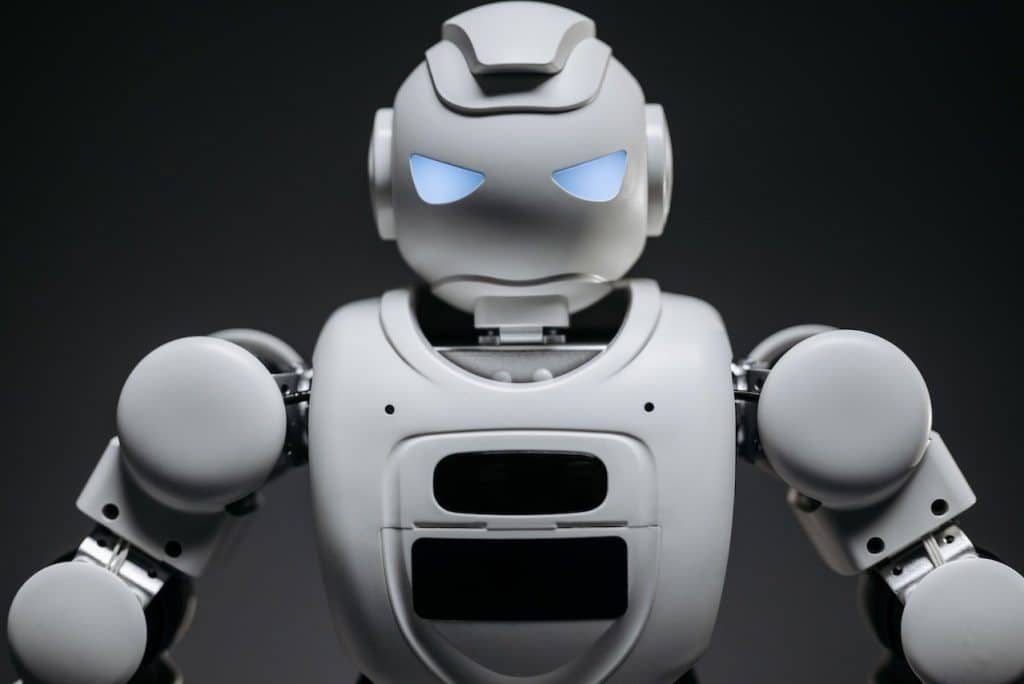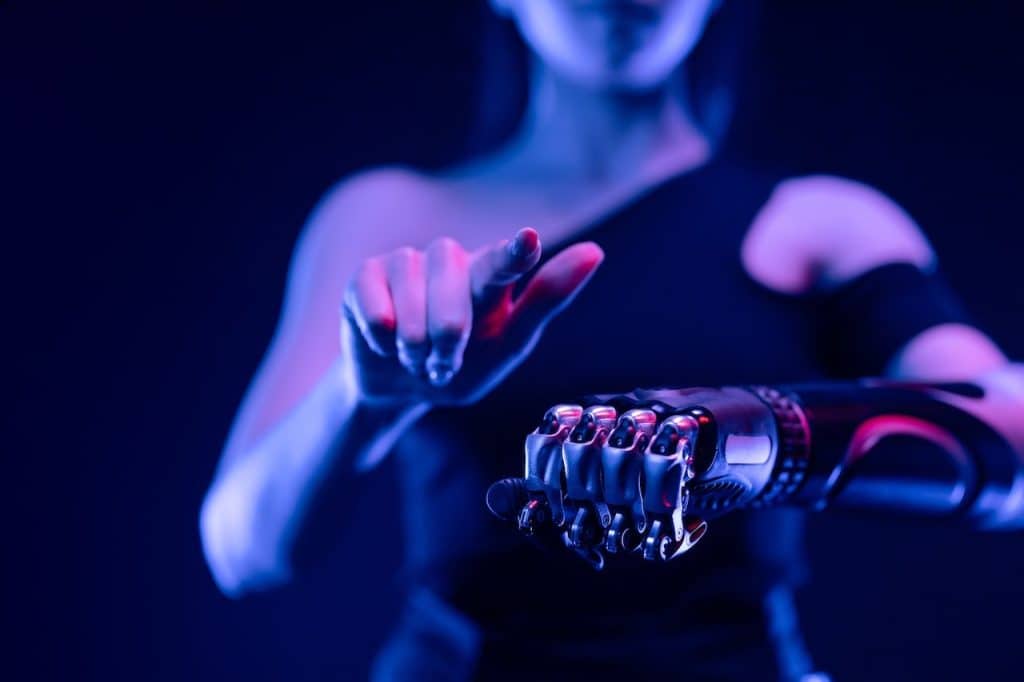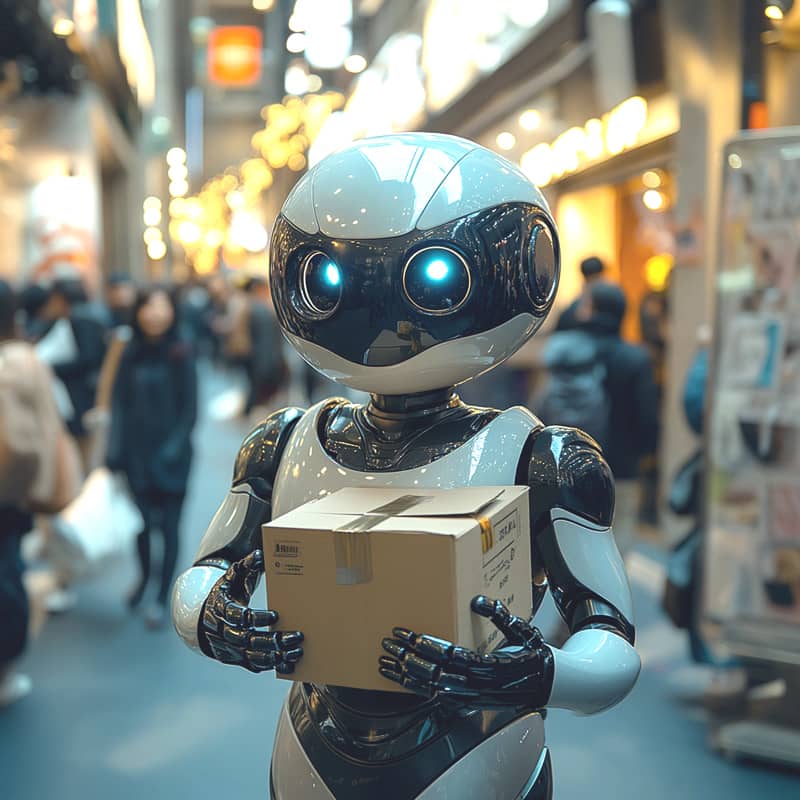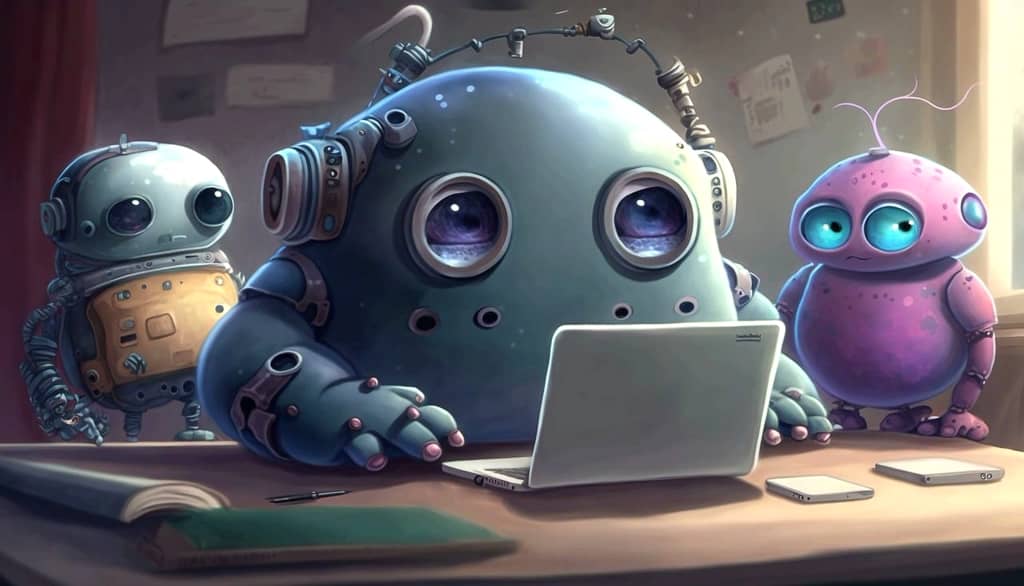Are we being worrisome creatures if we think that the advent of robotics will cause loss of jobs? Some may say that we are just being paranoid…but are we?
In recent years, the landscape of businesses, both small and large, have been transformed by the advent of robotics. Robots were mainly confined to factories but we now also see more robots being deployed in other industries too.
To be fair, we should not be totally anti-robot. Robots of various forms have revolutionized operations in the manufacturing, logistics, and agriculture sectors. In some sense, they do bring some benefits to industries as robots can streamline processes, boost efficiency, and drive innovation.
On the flip side though, introducing robotics into workplaces are causing unemployment. How deep will robots invade into our workplaces and societies eventually? Is it inevitable that our future will have robots acting as our baristas, drivers, or even nurses?
In this article, we will highlight some of the profound impact robotics has had on modern businesses, signaling a transformative shift in work and productivity.
Career Tip: Launch a side business now to combat job uncertainties.
We are now rapidly advancing into a more advanced digital area powered by artificial intelligence and perhaps even quantum computing in the near future. As a result, many industries will be disrupted by technological innovations and it is inevitable that some jobs will be made redundant.
If you have a business idea that you have been deliberating, why not start manifesting the idea by publishing your own website or blog that powerfully expound your life aspirations or entrepreneurial ideas.
Use my affiliate links below to explore a wide variety of professional website services offered by Namecheap and I may get a commission if you make an online purchase at Namecheap’s website:
- Look for the best deals on website services.
- Get a free domain and email when you sign up for EasyWP Turbo WordPress managed hosting.
- Launch your venture with the Business Hub for digital entrepreneurs.

Current State of Robotics Are Already Causing Loss of Jobs
Robots have indeed made significant strides in recent years and the technology is expect to accelerate with artificial intelligence. Who knows, it might just take a handful of years for it to be norm to see humanoid robots walking among us.
As a matter of fact, there are robots in workplaces that have brought forth benefits to mankind. For example, there are robots that have taken over some jobs that are deemed too dangerous for human labor to perform. Heavy duty robots also play an important role in lightening the physical workload of employees.
However, building more robots without considering the implications for businesses and workers may prove to be counterproductive to the workforce. People commonly cite loss of job as the primary reason why we should not introduce more robotics into workplaces. For example, we constantly hear about retrenchment of workers at automotive factories. We all know human labor at factories are disappearing mainly because they need to make way for robotics automation.
Therefore, it is a certainty that rapid automation will displace workers and cause some skills to become obsolete. Even software programmers, once considered a “safe” profession are being made redundant. This situation is expected to exacerbate as programmers themselves are reporting that chatbots help them to generate about half of the computer codes that run our machines and software.
It will not be an exaggeration to say that we should expect robotics technology to advance by leaps and bounds. Regardless of the benefits that robotics will bring, it is also a certainty that there will be grave consequences as the technology continues to interweave into our societies.



Negative Outcomes of Robotics
Loss of Jobs
Increased automation often leads to job displacement, especially for low-skilled or repetitive tasks. This could result in significant unemployment and economic hardship for affected workers. Just imagine the consequences if companies drastically reduce the number of human workers that work in low-skilled jobs. Such jobs are crucial to help the people maintain a basic living while they hope to gain better employment. Contrary to advancing the society, replacing human workers with robotics and artificial intelligence will only place more pressure on the government to deal with a rise in social problems such as mass unemployment, crime and homelessness.
Income Inequality
Automation can exacerbate income inequality by disproportionately benefiting those who own the means of production. We are already witnessing the impact of businesses investing in technologies that had displaced workers. This scene is especially prevalent in the manufacturing sector. For workers in factories or warehouses, losing their job is inevitable when a robot can take over their duties. Unfortunately, for many of these employees, they probably have not reached the age or financial level yet to comfortably retire from the workforce.
Social Unrest
As mentioned, mass unemployment caused by robotics automation could lead to social unrest and political instability. Displaced workers will struggle to find new employment opportunities, and standard of living among the people will deteriorate. Are we not already in a dire situation where many people are complaining about stagnant wages and rising cost of living?
Decreased Consumer Spending
Needless to say, consumer spending power will surely decrease when there is less income in the household. Unemployed individuals have less disposable income to spend on goods and services, leading to a slowdown in economic activity. Since Covid 19 pandemic happened, economies around the world have to grapple with price inflations. Now, the people also have to deal with more onslaught of digitization that disrupt the job market with too many sudden technological changes.
Dependency on Technology
Over-reliance on automation and robots could make businesses vulnerable to technological failures and cybersecurity threats. Have you noticed how there seems to be more companies now offering cybersecurity professional services? This is a sign that more companies are digitizing their business processes. Whenever we digitize or automate work processes, increase in cybersecurity risks will always be a guarantee.
Be More Tech-Savvy With Free Computing Online Courses.
You can study free IT and computing online courses with Alison and complete the entire course with graded assessments. You only pay if you need the certificate and I may get a commission as an affiliate.
Conclusion: The Future of Robotics
Technological advancements in robotics, automation, and artificial intelligence hold immense potential for transforming industries. However, progressing into an advanced digital era also inadvertently bring forth significant challenges that cannot be ignored. The widespread displacement of workers and the deepening of income inequality among the have and have-nots will cause social unrest. These negative consequences highlight the darker side of introducing technological innovations.
As we forge ahead into a more advanced digital era, we can expect our computers to be more than just mere machines. All of our future computers, including our smartphones will likely be infused with artificial intelligence (AI) by default. How we make use of this technology to benefit ourselves and society will literally be in the control of our hands.
Before we go overboard with rapid technological integration in societies, it is thus crucial to adopt a balanced approach that prioritizes the well-being of all stakeholders. We must never allow the AI-powered machines to rule over societies without any restraint.
This is thus the perfect time for businesses to invest in comprehensive retraining programs that would upskill their employees. Rather than just blindly using AI tools, employees should gain a deeper understanding of the power and limitations of robots in order that they can fully utilize the technology for productive purposes. At the end of the day, there must be equitable distribution of the benefits of automation, while we undertake essential steps to mitigate the negative outcomes of robotics and automation implementations.
By addressing these issues proactively, we may then harness the power of technologies while safeguarding the economic and social fabric of our societies.





